12 Myths About Holy Water Creation Debunked
Holy water plays a significant role in various spiritual traditions, yet there’s a lot of mystery and myth surrounding how it’s made. In this listicle, we’ll dive into some of the most common myths about the creation of holy water and set the record straight once and for all.
1. Holy Water Requires Exotic Ingredients
Contrary to popular belief, holy water doesn’t need rare or mystical ingredients. Simple natural water is usually sufficient. The sanctification process imparts holiness, not the water’s original source. For many traditions, even tap water suffices once it has been duly blessed. The emphasis is not on where the water is from, but on the blessings and intentions imparted onto it. Believers in different religious systems often use easily accessible water from rivers or springs, focusing instead on the rituals to confer holiness. Understanding that anyone can initiate this process demystifies holy water, making it a more approachable part of spiritual practice.
Some people mistakenly think that adding items such as exotic herbs or natural minerals enhances the power of holy water. These elements might hold spiritual value in other rituals, but the true essence of holy water comes solely from the divine blessings it receives. A common misconception is that using expensive or imported substances will enhance its sanctity; however, simplicity often aligns more closely with spiritual tenets. The realization that the power of prayer and intent is the core component reduces the financial and logistical barriers for many practitioners.
2. Only Priests Can Make Holy Water
While priests are traditionally the ones who bless and create holy water in many religious contexts, other ordained figures or even laypersons in specific traditions might have the ability to create holy water. The ritual’s simplicity means that anyone with the right items and knowledge can participate. While official institutions may prioritize certain figures for the blessing, many teach how community leaders or families can bless water for personal or local purposes. This broader perspective allows for community involvement, emphasizing the role of shared faith over hierarchical restriction. Knowing this, more individuals can engage with the process, making holy water available to all who seek it.
3. Holy Water Must Be Made in a Church
The setting is less important than the intention and the ritual performed. Holy water can be blessed anywhere, as long as the appropriate rites are observed. Many believe that a church imbues the water with greater sanctity due to its sacred nature, but holiness is universally accessible. Spaces such as homes, gardens, or even open fields have served as venues for blessings throughout history. Churches often symbolize community and faith, yet the absence of physical space doesn’t limit spiritual connection. Recognizing the universality of the holy space encourages people to see their surroundings as potential realms for blessing, fostering deeper personal and community ties.
In various cultures, natural settings like lakesides, rivers, or mountains have been favored for spiritual ceremonies, including making holy water. These places offer a connection to the earth and sky, enhancing the spiritual atmosphere. Understanding that holy water can originate from diverse locations dispels the notion that only religious edifices hold power. This realization broadens one’s understanding of where sanctity can arise, motivating individuals to find spiritual significance in many places, thus enriching their faith experiences.
4. Genuine Holy Water Glows
Despite dramatic portrayals in media, holy water doesn’t have a physical glow. Its significance is spiritual rather than visual. The idea that it emits a special light or color may stem from symbolic literature or films. While appealing, such ideas can distract from the water’s true purpose and spiritual gravitas. The glow represents metaphorical enlightenment, not a physical phenomenon. Religious teachings emphasize that holiness is an internal state, not one that necessarily manifests in the physical realm. This clarity redirects attention to the heart and mind’s transformation through faith and ritual.
Misinterpretations about glowing holy water may also come from historical texts where light represents purity and truth. Today, metaphor and symbolism continue to play roles in spiritual interpretations. In reality, holy water’s power lies in the rituals and faith of its users, not in any optical illusions. Accepting this can lead to a more genuine engagement with spirituality, encouraging seekers to look inward rather than relying on external signs.
5. Holy Water Can Expire
Holy water does not have an expiration date in the conventional sense. Its holiness endures until it is polluted or mixed with non-holy substances. This myth arises from the practical concern that over time the water may become dirty or contaminated. Spiritual purity, however, persists as long the water remains physically clean and untainted. Many traditions acknowledge that while the water continues to be spiritually effective, common sense dictates it should be kept fresh. Understanding this balance allows practitioners to maintain the sanctity of holy water while ensuring physical cleanliness, combining reverence with everyday practicality.
6. Holy Water Can Cure Any Illness
While holy water has spiritual significance, it isn’t a replacement for medical treatments. It is used to bless and purify, supporting one’s spiritual well-being. Its role often lies in eliciting calmness, focus, and divine connection, which may aid mental and emotional healing but not necessarily physical ailments. Many view it as a complement to, rather than a substitute for, scientific medicine. The understanding of holy water’s role as a spiritual tool rather than a cure emphasizes the importance of faith as part of a holistic approach to health, respectful of both spiritual and medical perspectives.
Historically, holy water has been integral to rituals aimed at spiritual cleansing and mental renewal. While some attest to its miraculous effects, mainstream religious doctrines usually don’t claim it as a medical cure-all. Instead, it seeks to support and uplift believers on their spiritual journey. Viewing holy water in this light promotes balance between faith and realism, championing a holistic approach that dovetails spiritual rituals with everyday wellness. By valuing both aspects, believers nurture well-rounded lives rooted in both spiritual and physical health.
7. Homemade Holy Water Is Less Effective
The effectiveness of holy water lies in the blessing, not in where it is made. With the correct intentions and rituals, any water can become equally holy. This misconception often comes from the idea that institutional endorsement confers greater spiritual power. In practice, faith and sincerity guide effective spiritual rites, whether conducted in religious institutions or private residences. Many have found solace and divine connection using authentically blessed water made at home. Acknowledging the power of home-blessing encourages deeper personal practices, allowing individuals to shape their spiritual expressions intimately and meaningfully.
8. The Blessing Process Is Secretive
Blessing water involves specific prayers and rituals which are generally known by the religious community and not shrouded in secrecy. The variety of traditions—Catholic, Eastern Orthodox, Anglican, or otherwise—often makes these rituals accessible to followers, as each has its own sacred set of prayers and methods. While the exact wording or sequence of prayers might differ, the underlying intent is shared and documented within religious teachings. Open awareness of these rituals underscores that holiness is within reach for all earnest seekers, deepening collective faith.
This availability helps prevent misunderstandings and encourages wider participation in sacred practices. By dispelling the aura of mystery around holy water blessings, communities become more inclusive, inviting additional engagement with religious practices. Familiarity with rituals strengthens communion among believers and fosters spiritual growth fueled by collective enactment, not isolated exclusivity. Such openness nurtures a more inclusive congregation where sacred practices are shared for individual and collective upliftment.
9. Holy Water Requires Stone or Metal Containers
Containers for holy water vary widely and do not affect its sanctity. It is the ritual, not the container, that consecrates the water. Although ornately crafted vessels like silver reliquaries or elaborately carved stone jugs are often associated with holy water, such containers aren’t mandatory. Any clean, respectful bowl or jug can hold blessed water. Recognizing the flexibility in the design and material of water containers liberates practitioners from the idea that sacredness is contingent on physical beauty or costly materials, affirming that consecration through ritual and intent holds supreme importance.
10. One Drop Holds Infinite Blessings
While every drop of holy water is blessed, its efficacy is symbolic in nature, not infinite. It’s the user’s faith and devotion that imparts deeper meaning. Each splash or sprinkle reminds believers of God’s omnipresence, and while powerful, it doesn’t hold limitless blessings. Awareness of this reality invites individuals to reinforce their personal connection and responsibilities within their practices. By understanding holy water’s true potential, devotees fortify their faith, each application strengthening their spiritual outlook while appreciating the tangible embodiment of their devotion.
11. Holy Water Can Create Miracles
Holy water is seen as a tool of faith rather than a source of miracles. It aids in spiritual cleansing and blessing but doesn’t independently create miraculous results. The belief that it possesses miracle-working properties can heighten its symbolic power but shouldn’t overshadow the fundamental principle that divine grace, humility, and personal faith drive wonders. Holy water functions as a conduit for expressing and reinforcing personal devotion and community connection. This understanding prioritizes spiritual discipline and engagement, urging followers to participate actively in faith-driven aspirations.
12. Holy Water Involves Magical Spells
Holy water is part of religious, not magical, tradition. It involves prayerful blessing rather than spells, aligning with the beliefs and practices of the faith. The notion that holy water’s creation involves magical spells misrepresents its true spiritual essence and purpose. By emphasizing prayer and divine intervention over supernatural elements, its use underscores faith in sacred tradition rather than matters of mysticism. This clarity invites believers to appreciate their faith more profoundly, focusing on the intentional practice informed by theology and communal customs over speculative imaginings.





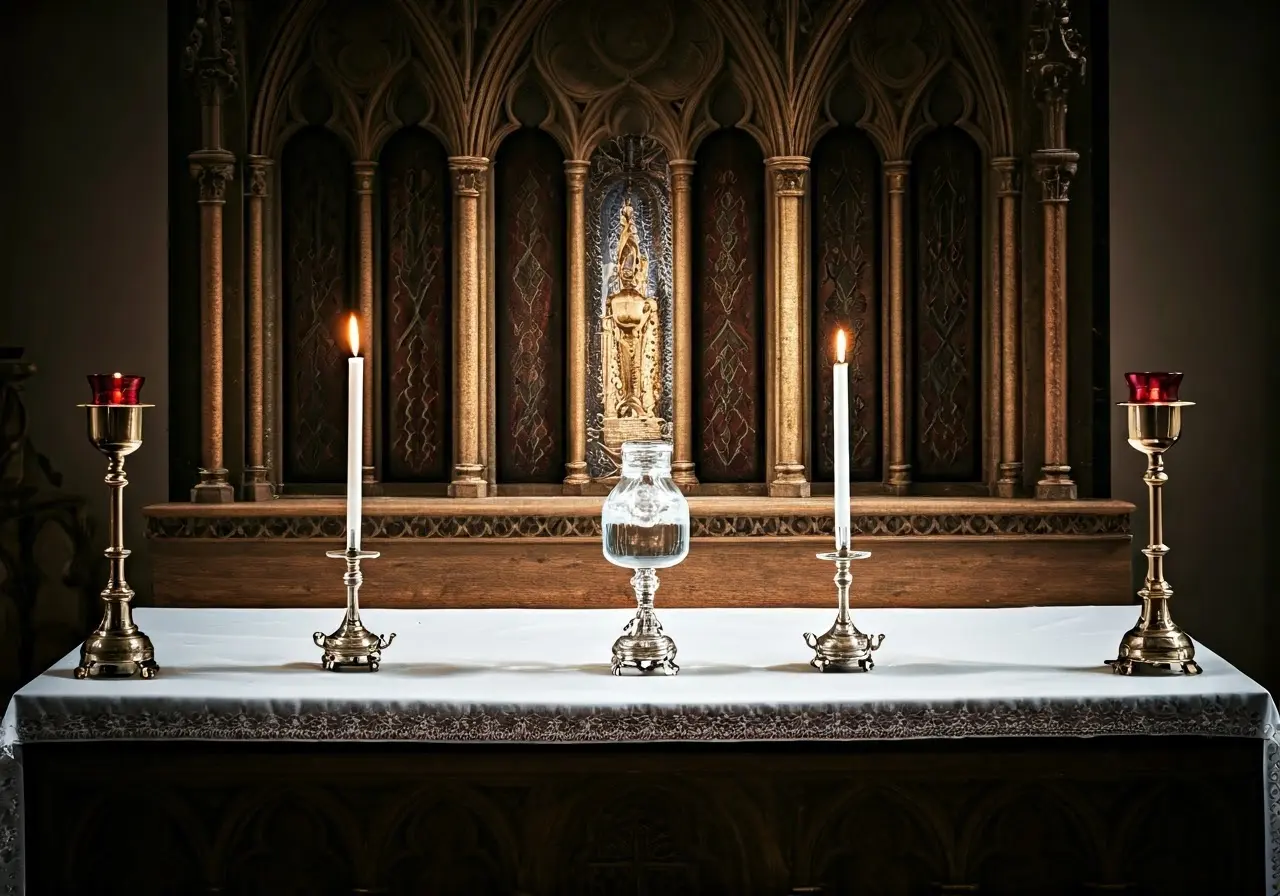



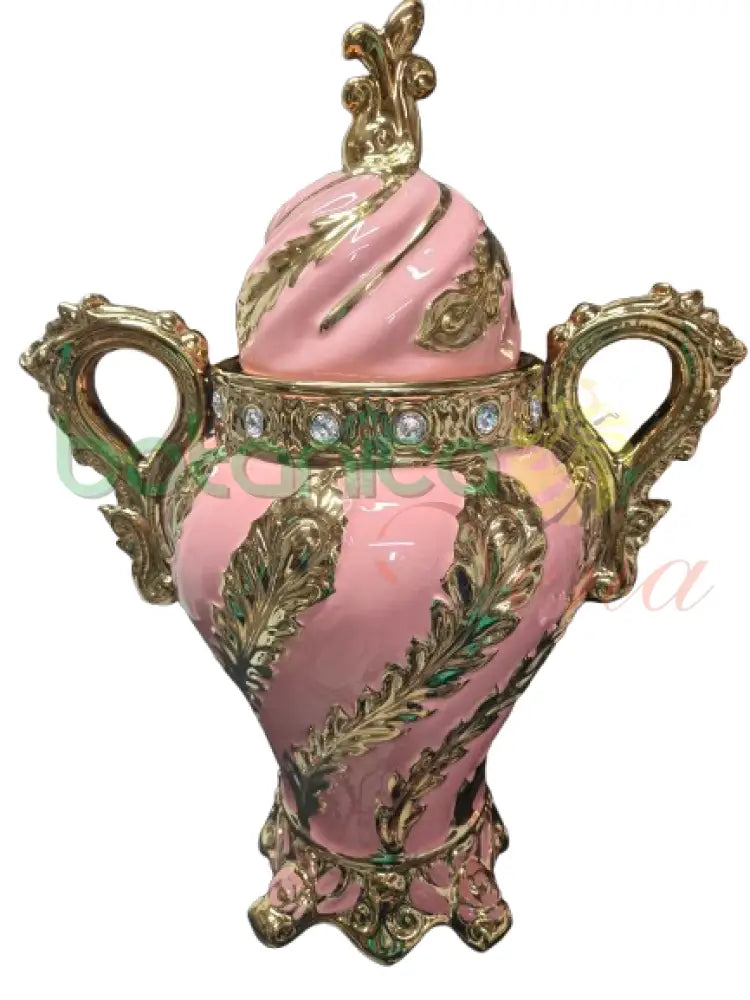
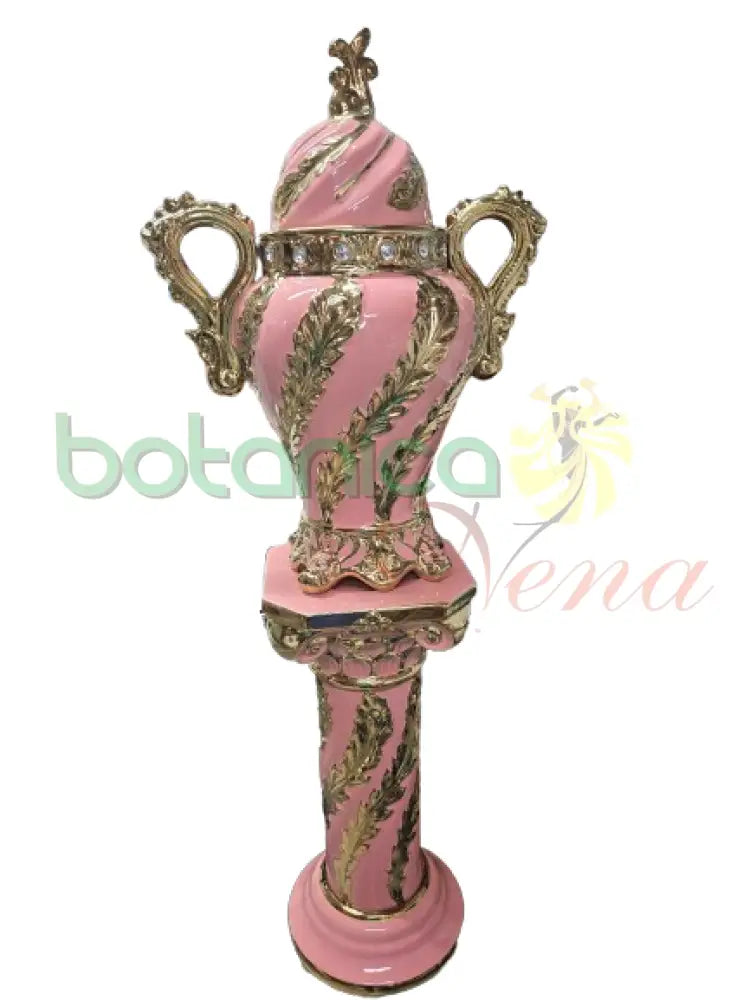
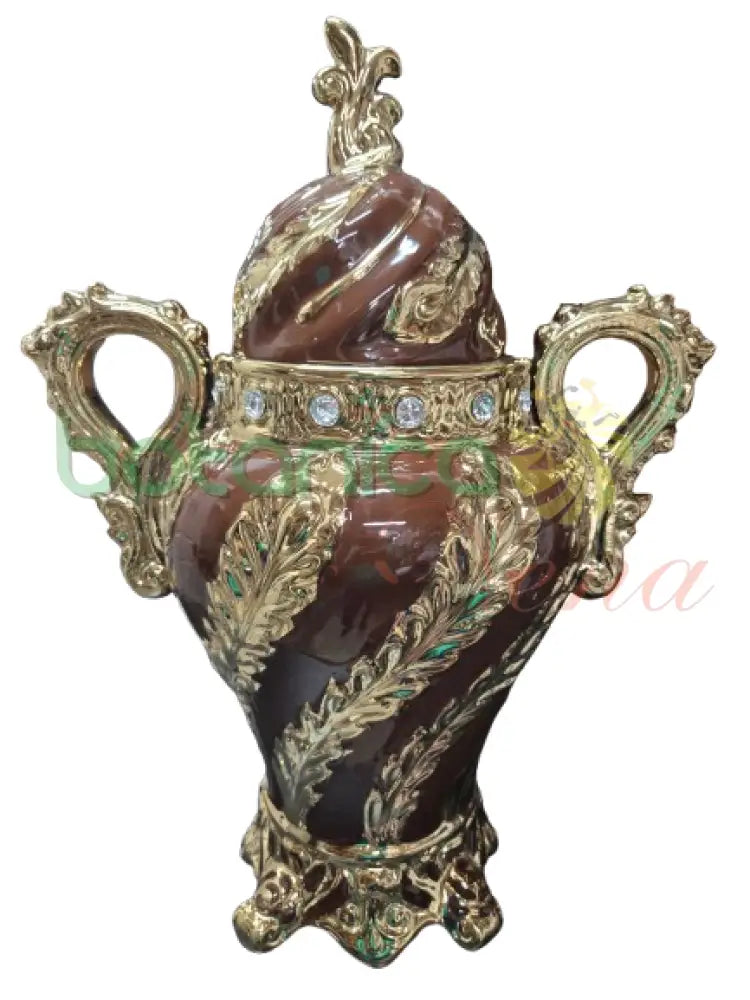

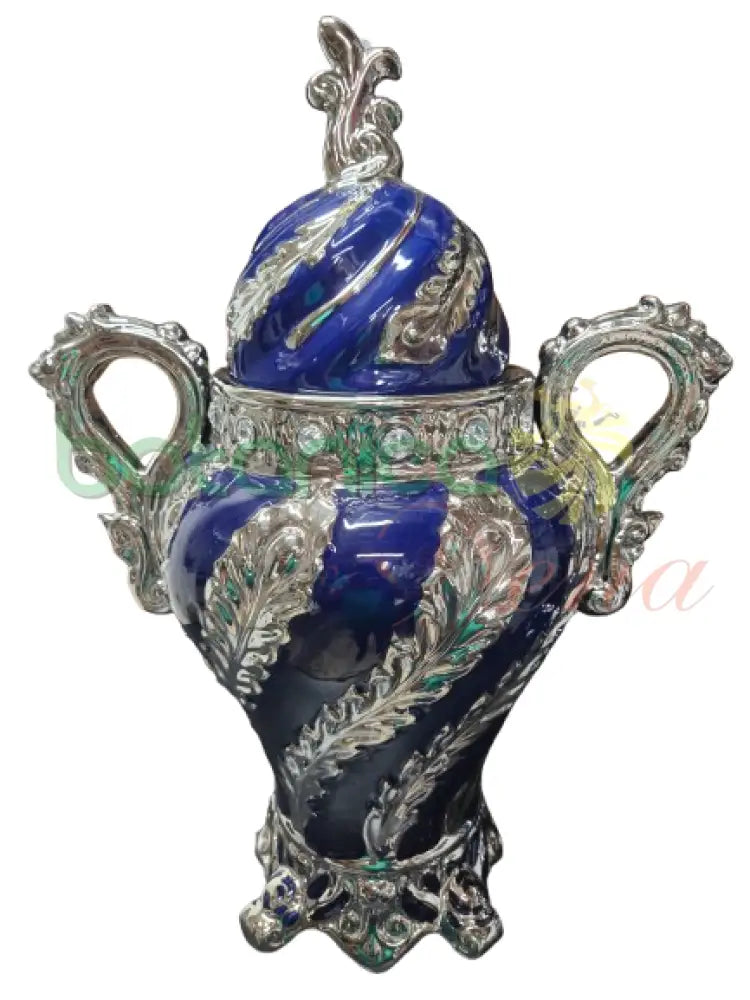



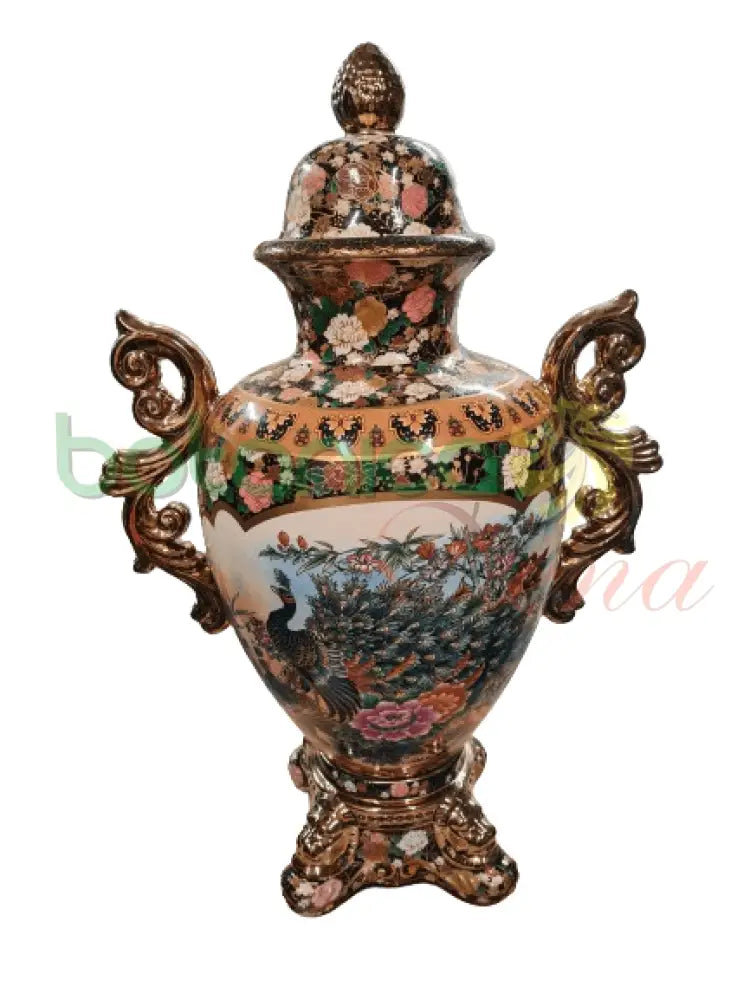
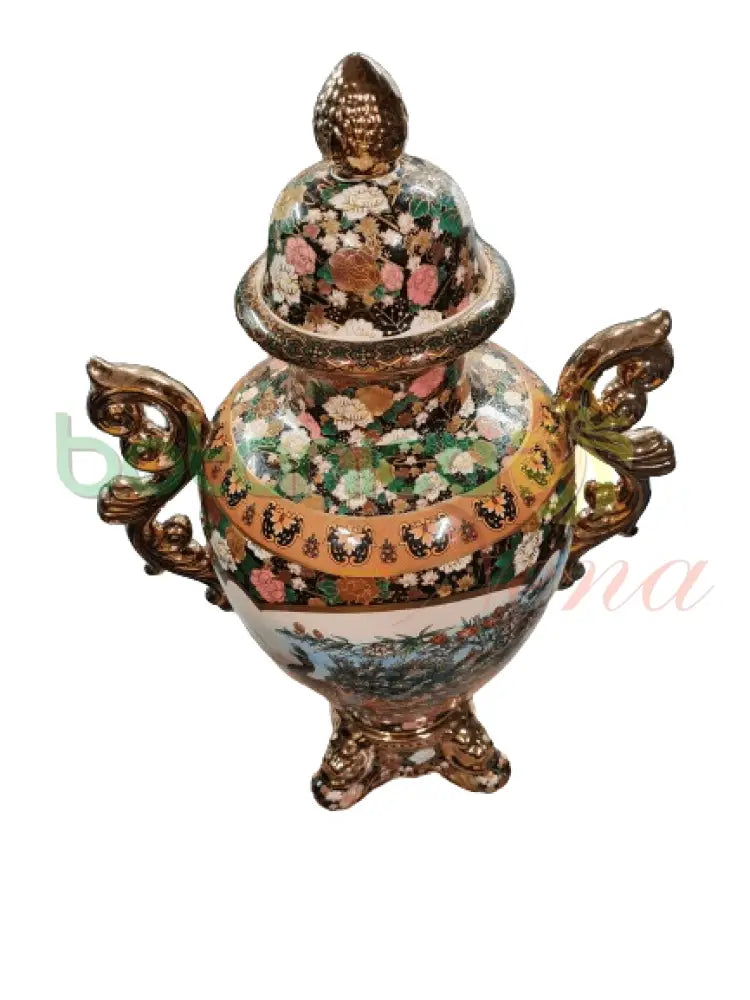

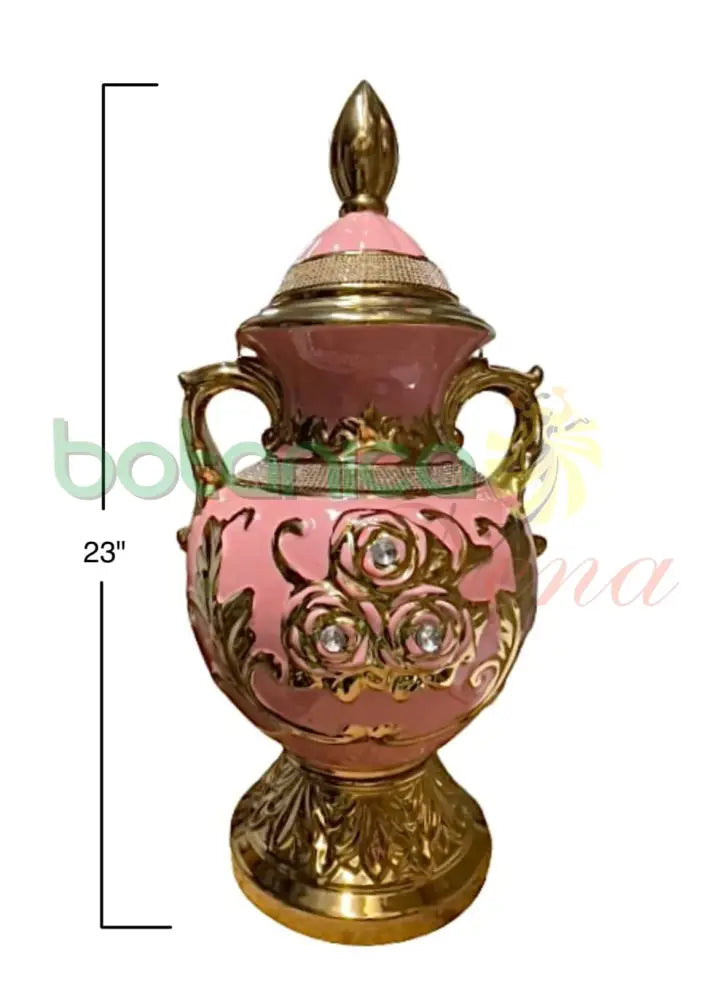
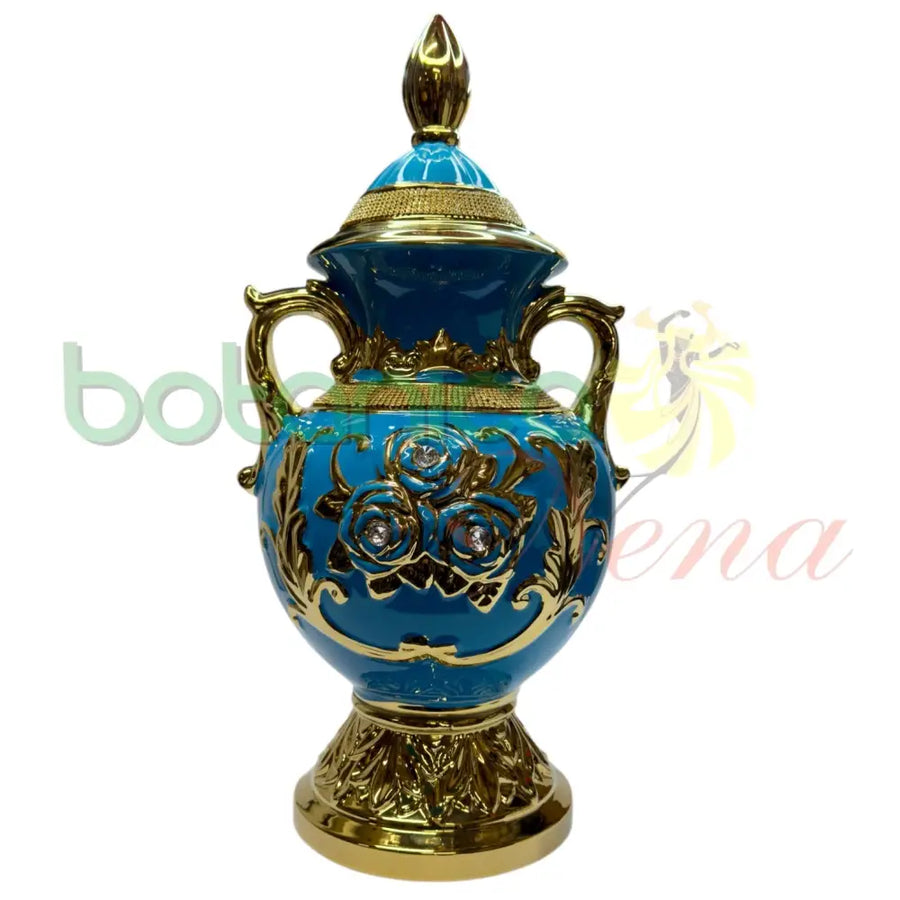
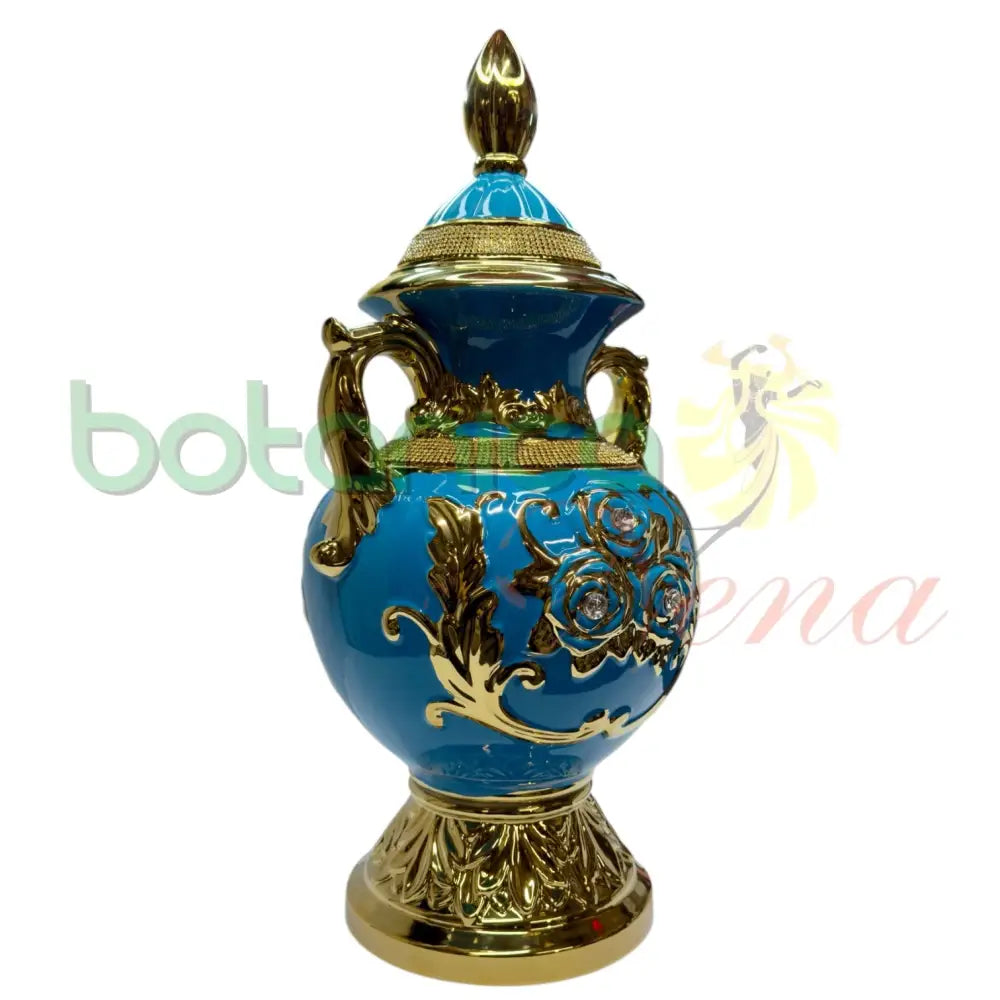
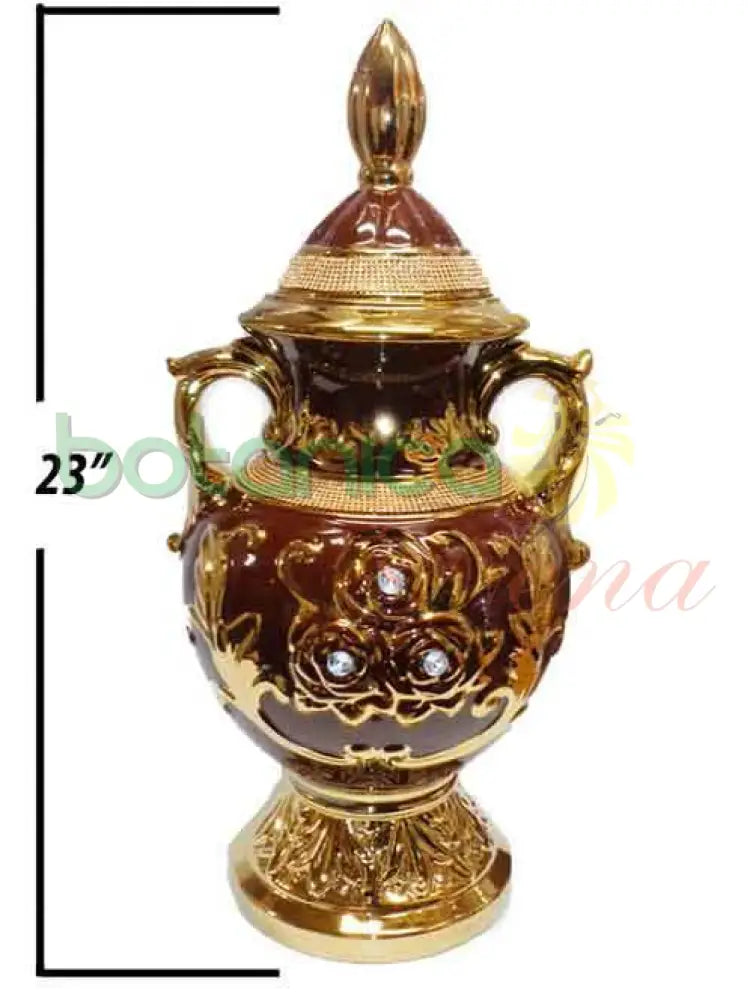
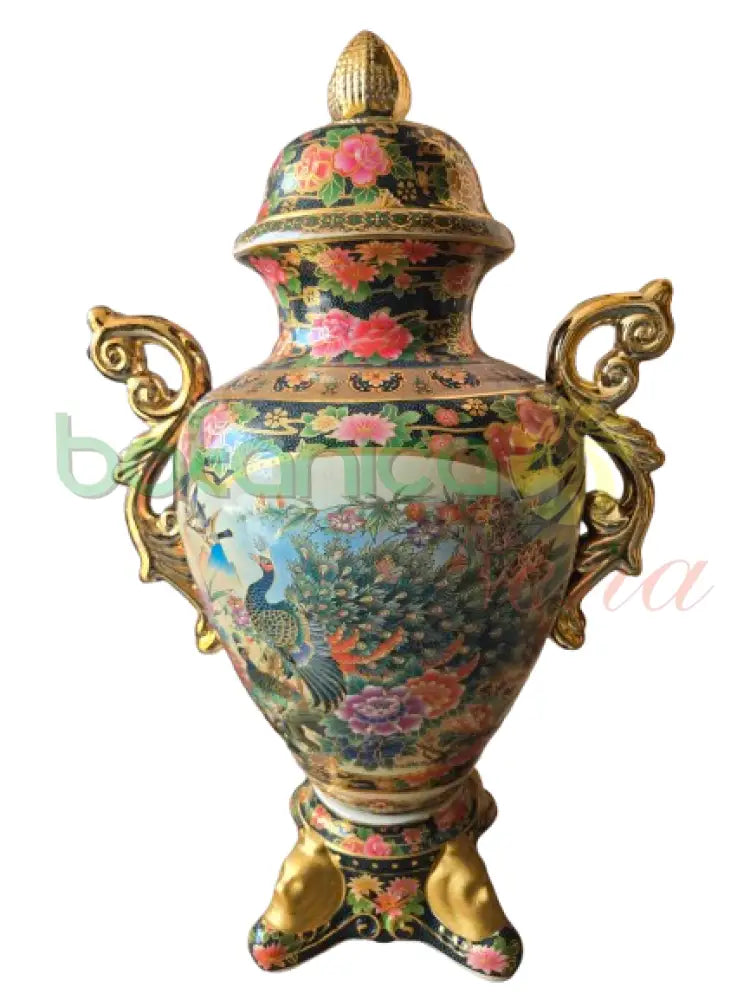
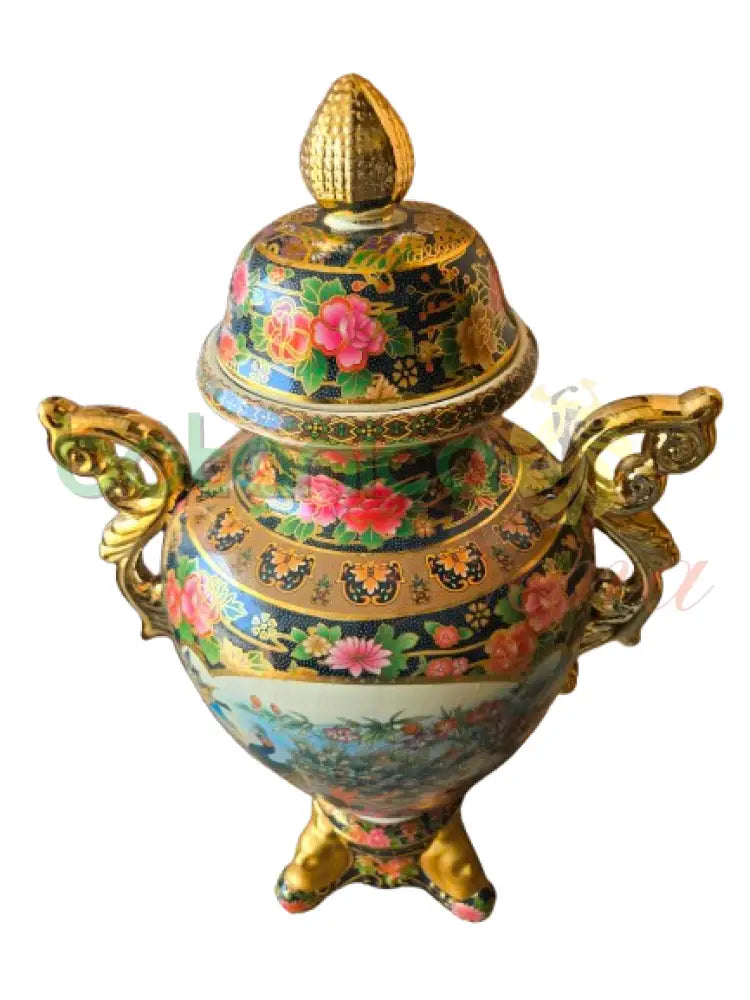
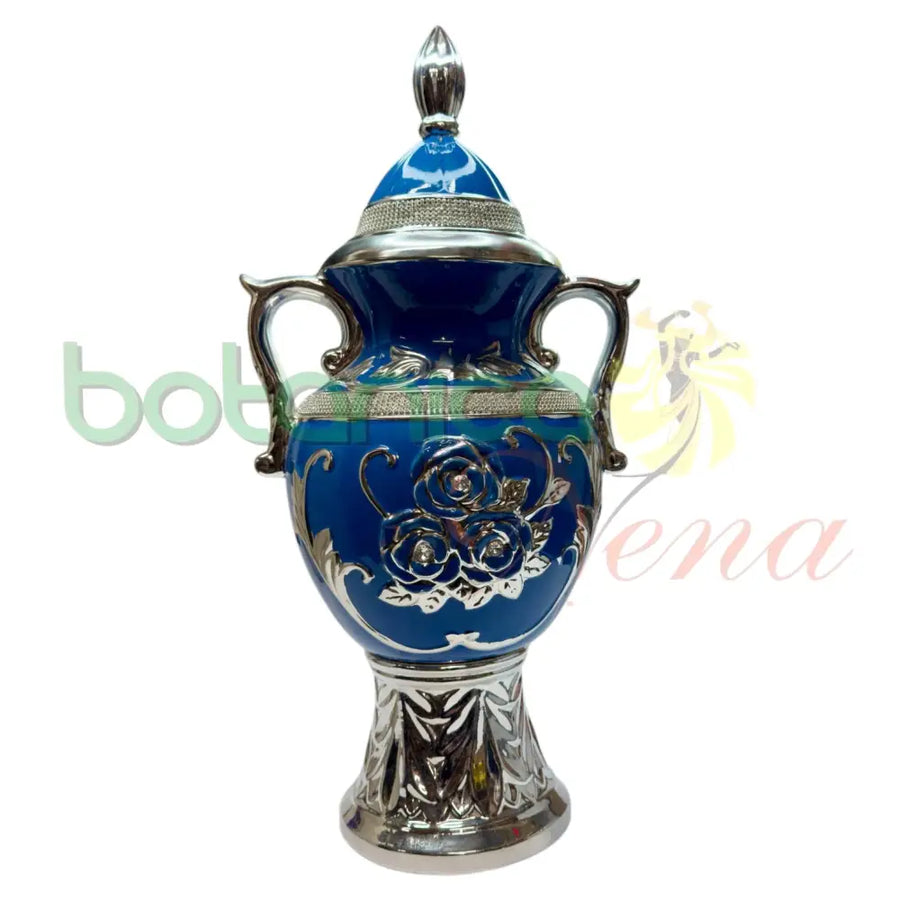
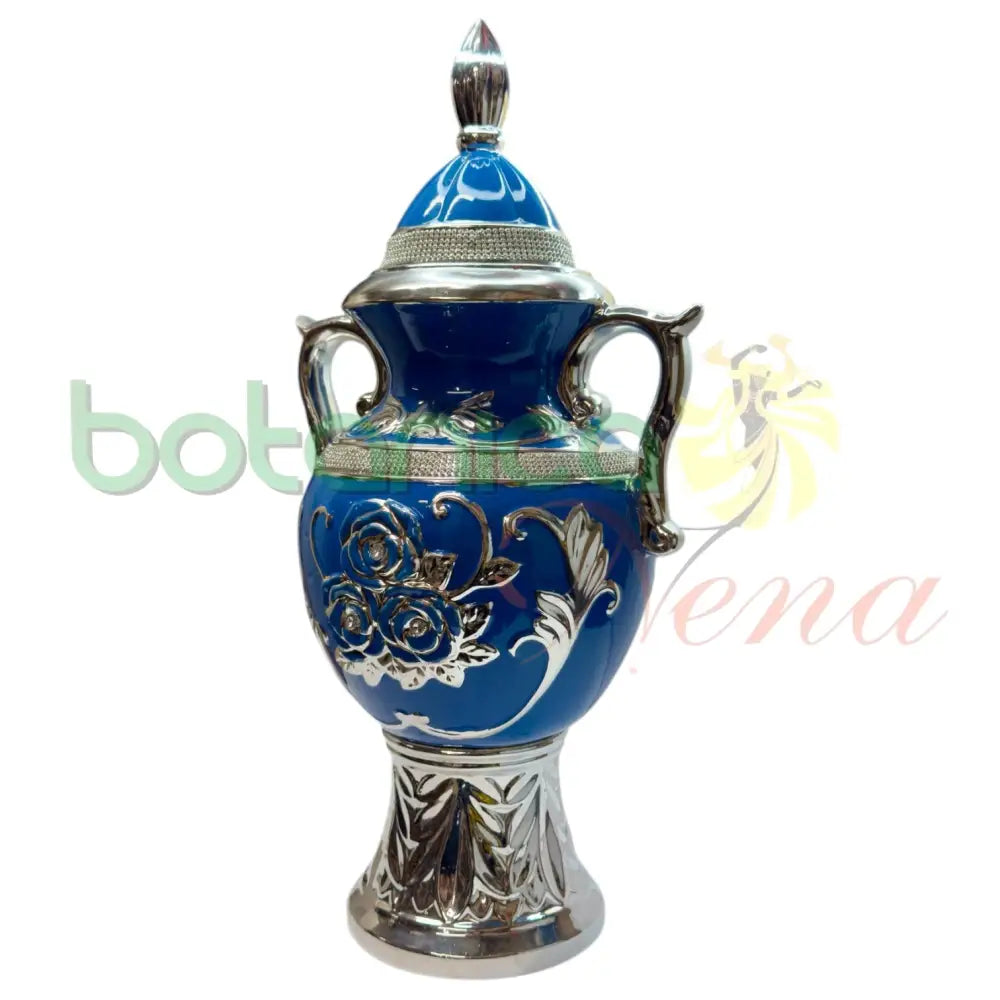
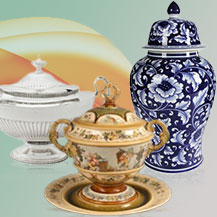



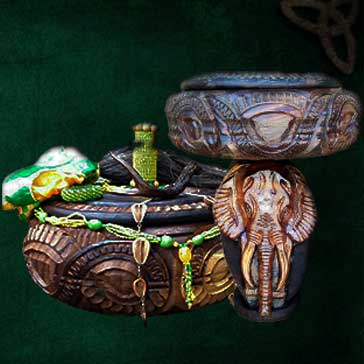
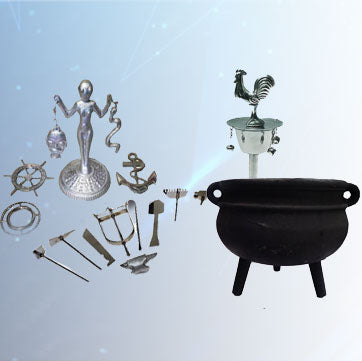
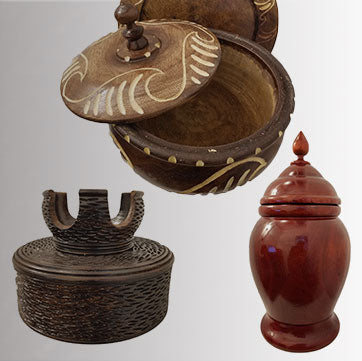
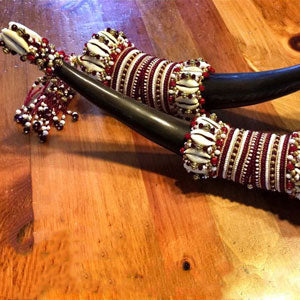



Dejar un comentario